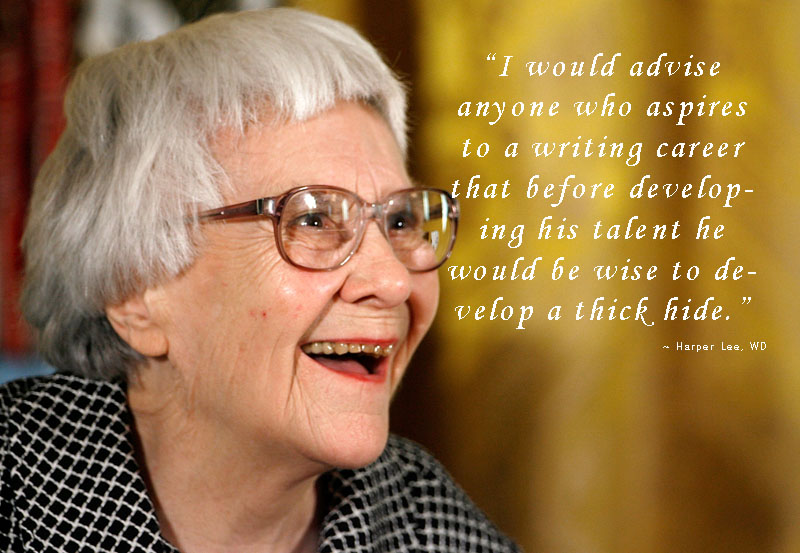Finding the right agents and contacts to pitch your book idea is the first hurdle or the first step in getting your book published. But if you are not inclined to self-publishing, finding agents and writing query letters might be the toughest of the tasks that you will undertake in the next year or so before your book reached the shelves of your neighborhood store.

Writing to agents, editors and publishers is grueling task that will need you to fine-tune your strategy and communications based on the publishing house, the genre of the book, and what the book agents are looking for. But you have to start somewhere and here are a few pointers that can help you draft that all important query letter.
What is a query letter?
A query letter is your first contact with the world of publishing. It could be to an agent or an editor of the publishing house.
In short, a query letter is where you pitch your idea of the book. No need to get into the details of the book. You don’t have to discuss how long it would be or how you intend to market the book at this time. Only focus on the main idea of the book.
What is the objective of a query letter?
The sole aim of this communication should be to get the reader excited and take the next step of asking you for a full proposal. Keep the narrative crisp and short. Every sentence you include in the letter should add and work toward this objective.
What is most important in a non-fiction book query letter?
While the objective query letter for a non-fiction book is not that different than a fiction, there are two things that are most important here.
The idea of the book and how are you qualified to write about the subject.
The idea comes first
If you have a unique idea, start with your book idea and get the reader interested in the first few lines. Write this part as you would write a hook for your readers. It has to be compelling enough to get the agent to read on.
You could start your letter with a brief introduction about who you are, but get to the idea after a couple of lines.
Does your idea have substance?
Why is your idea good or important? Quote any survey or similar metrics that can highlight the need for the book on the subject. Inform the agent about how your book will solve a pressing problem. If you are writing a historical account of something, highlight a controversy or evidence of interest on the specific topic.
What Qualifies you?
Now is the time to talk about who you are. Explain how your qualifications and experience equip you to talk on the subject. Mention any publications, awards and speaking engagements here.
How are you going to do it?
Alright. You are qualified. But how good is your information and how is it going to be different from other books. Explain how you intend to collect information. Mention your sources of information like interviews with experts, any surveys, or research findings that will form the core of the book.
Finish Strong
End the letter on a high note. Just as the initial hook, reiterate how your book is perfect for readers at this time. Thank the readers for their time and tell them how excited you are to work with them.
Compelling adjectives do the trick
Don’t be shy. Embellish your arguments and support your book idea with strong adjectives. Give your beliefs the full force of words to persuade the reader about the need of the book.